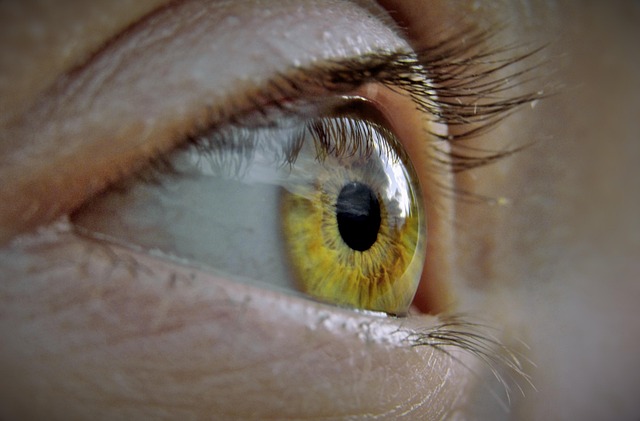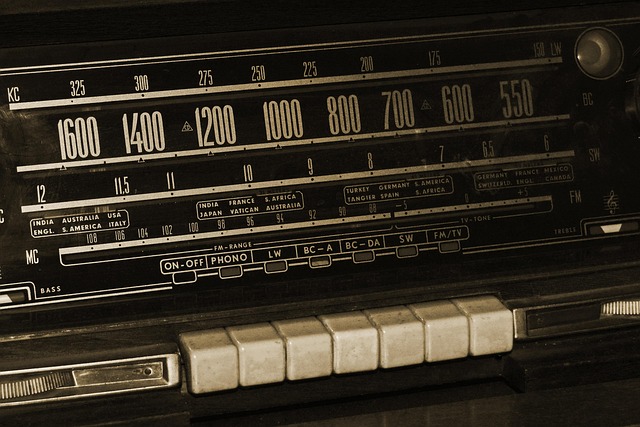
The Rise of Mobile Devices in Healthcare
In today's fast-paced world, mobile devices have become essential tools in various sectors, and healthcare is no exception. The integration of mobile technology into healthcare practices has transformed how we communicate, monitor, and manage health. This phenomenon is often referred to as mobile health, or mHealth, which encompasses a range of medical and public health practices supported by mobile devices.
What is Mobile Health (mHealth)?
Mobile health, as defined by the World Health Organization (WHO), is the use of mobile computing, medical sensors, and communication technologies for healthcare. This includes everything from smartphones and tablets to wearable devices that track health metrics. The goal? To provide timely, credible advice to healthcare seekers and streamline communication between patients and providers.
Key Applications of Mobile Devices in Healthcare
- Telemedicine: One of the most significant advancements in healthcare is telemedicine. Patients can now consult with healthcare providers via video calls, reducing the need for in-person visits. This is especially crucial during times when social distancing is necessary.
- Remote Patient Monitoring: With the rise of wearable devices, patients can monitor their health metrics—like heart rate, blood pressure, and glucose levels—from home. This data can be transmitted directly to healthcare providers, allowing for real-time monitoring and timely interventions.
- Health Apps: Various mobile applications are available that help users manage their health. From medication reminders to fitness tracking, these apps empower individuals to take charge of their health and wellness.
- Data Collection: Mobile devices facilitate the collection of demographic, clinical, and investigational data. This information can be invaluable for healthcare providers in making informed decisions about patient care.
Benefits of Mobile Devices in Healthcare
The benefits of incorporating mobile devices into healthcare are numerous:
- Accessibility: Patients can access healthcare services from the comfort of their homes, making healthcare more accessible, especially for those in remote areas.
- Efficiency: Mobile devices streamline communication, reducing wait times and improving the overall efficiency of healthcare delivery.
- Engagement: Patients are more engaged in their health management when they have tools at their fingertips, leading to better health outcomes.
Challenges and Considerations
While the advantages are clear, there are challenges to consider. Privacy and security of patient data are paramount, as sensitive information is transmitted over mobile networks. Additionally, not all patients may be comfortable using technology, which can create disparities in access to care.
The Future of Mobile Devices in Healthcare
As technology continues to evolve, the role of mobile devices in healthcare is expected to grow. Innovations like artificial intelligence and machine learning are being integrated into health apps, providing personalized health recommendations based on user data. The future looks bright for mobile health, and it’s an exciting time to be part of this transformation.
Conclusion
Mobile devices are revolutionizing healthcare, making it more accessible, efficient, and patient-centered. As we continue to embrace these technologies, it's essential to address the challenges while maximizing the benefits. The integration of mobile health is not just a trend; it's a fundamental shift in how we approach healthcare.

















 The Wild World of McDonald's Monopoly! 🍔🎲
The Wild World of McDonald's Monopoly! 🍔🎲 
 Health
Health  Fitness
Fitness  Lifestyle
Lifestyle  Tech
Tech  Travel
Travel  Food
Food  Education
Education  Parenting
Parenting  Career & Work
Career & Work  Hobbies
Hobbies  Wellness
Wellness  Beauty
Beauty  Cars
Cars  Art
Art  Science
Science  Culture
Culture  Books
Books  Music
Music  Movies
Movies  Gaming
Gaming  Sports
Sports  Nature
Nature  Home & Garden
Home & Garden  Business & Finance
Business & Finance  Relationships
Relationships  Pets
Pets  Shopping
Shopping  Mindset & Inspiration
Mindset & Inspiration  Environment
Environment  Gadgets
Gadgets  Politics
Politics 